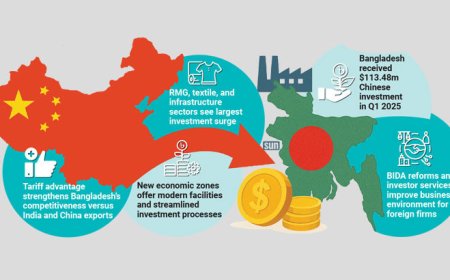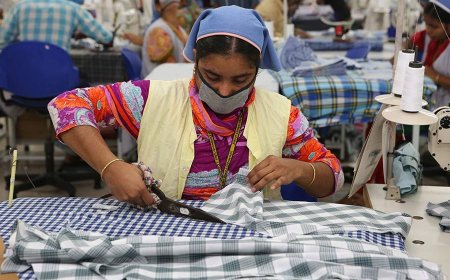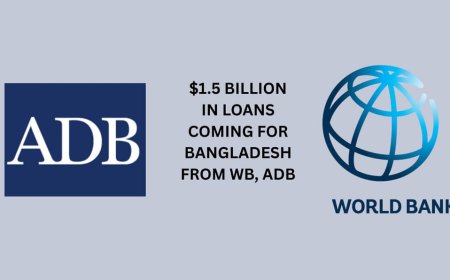Dining out and air travel are set to become more expensive
Dining out and air travel are set to become more expensive

From dining out and air travel to purchasing sweets and clothing, the cost of everyday comforts is poised to rise due to a proposed hike in Value Added Tax (VAT) on 43 goods and services. A 15 percent VAT may soon apply to restaurant meals, sweets, clothing, and tissue paper as the National Board of Revenue (NBR) moves to amend the VAT law and rates, according to a senior NBR official. Currently, VAT on restaurant bills is 5 percent, while sweets, clothing, and tissue paper are taxed at 7.5 percent.
This increase, ultimately shouldered by consumers, is expected to exacerbate the financial strain on households already grappling with persistent high inflation. The Consumers Association of Bangladesh (CAB) has voiced opposition to the plan, warning of the added burden it will place on consumers.
Air travel is also set to become more expensive, with excise duties on tickets projected to rise significantly—from 25 percent to 100 percent. Supplementary Duty (SD) will also increase on 10 imported items, including soap and raw tobacco. Additionally, SD on alcohol sales and cigarettes is expected to go up as part of efforts to enhance tax revenue.
These changes align with recommendations from the International Monetary Fund (IMF), which has urged Bangladesh to rationalize tax exemptions and improve revenue collection as part of its $4.7 billion loan program. With one of the lowest tax-to-GDP ratios globally, Bangladesh relies heavily on costly borrowing.
As a result, the NBR is streamlining VAT rates, expanding coverage, and increasing excise duties to boost internal revenue. For instance, excise duties on domestic air tickets may rise from Tk 500 to Tk 700, with similar increases for international routes, bringing in an estimated Tk 12,000 crore in additional revenue.
While these measures aim to improve fiscal stability, critics argue they may fuel inflation and hurt consumers. CAB Vice President SM Nazer Hossain urged the government to focus on recovering unpaid taxes and curbing evasion instead of raising rates.
MA Razzaque, chairman of Research and Policy Integration for Development, highlighted the need for broader tax reforms and reducing wealth inequality to create a fairer system. He noted that 85 percent of the nation's wealth is concentrated among 10 percent of the population.
Although VAT accounts for nearly 38 percent of Bangladesh's total revenue collection, tax receipts fell 2.62 percent year-on-year in the first five months of FY 2024-25, underscoring the urgency of improving tax compliance and addressing economic challenges.
What's Your Reaction?





















































































